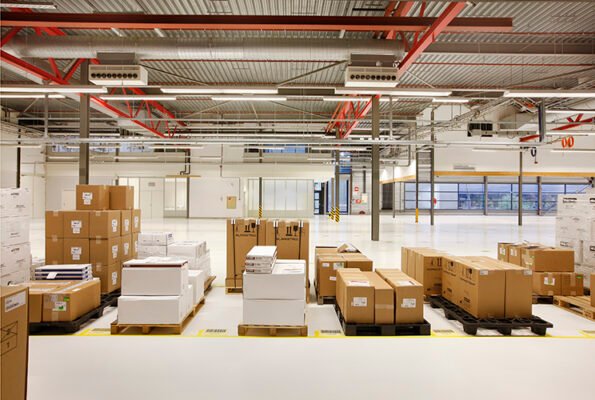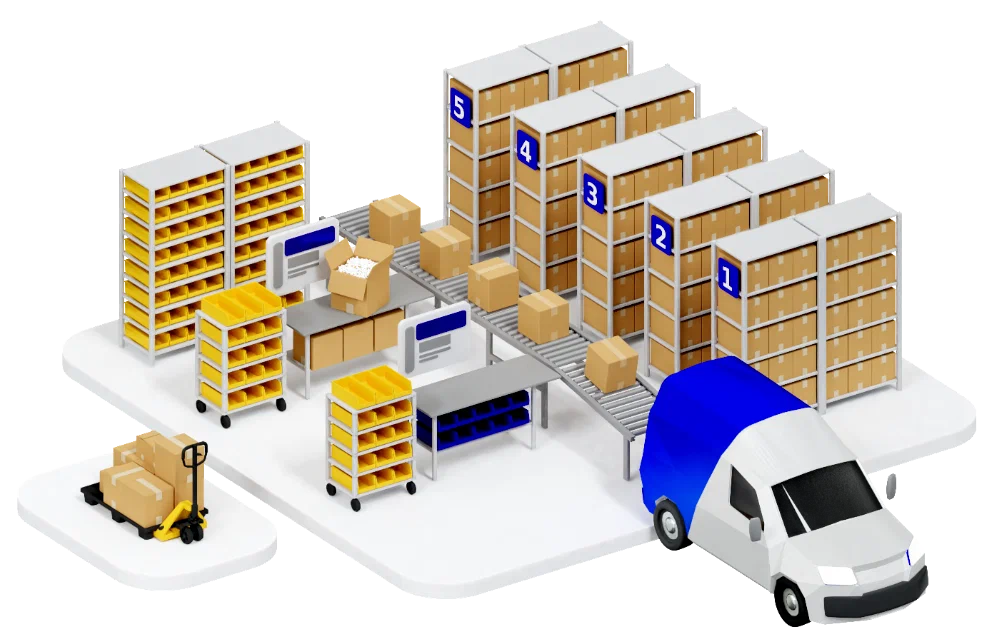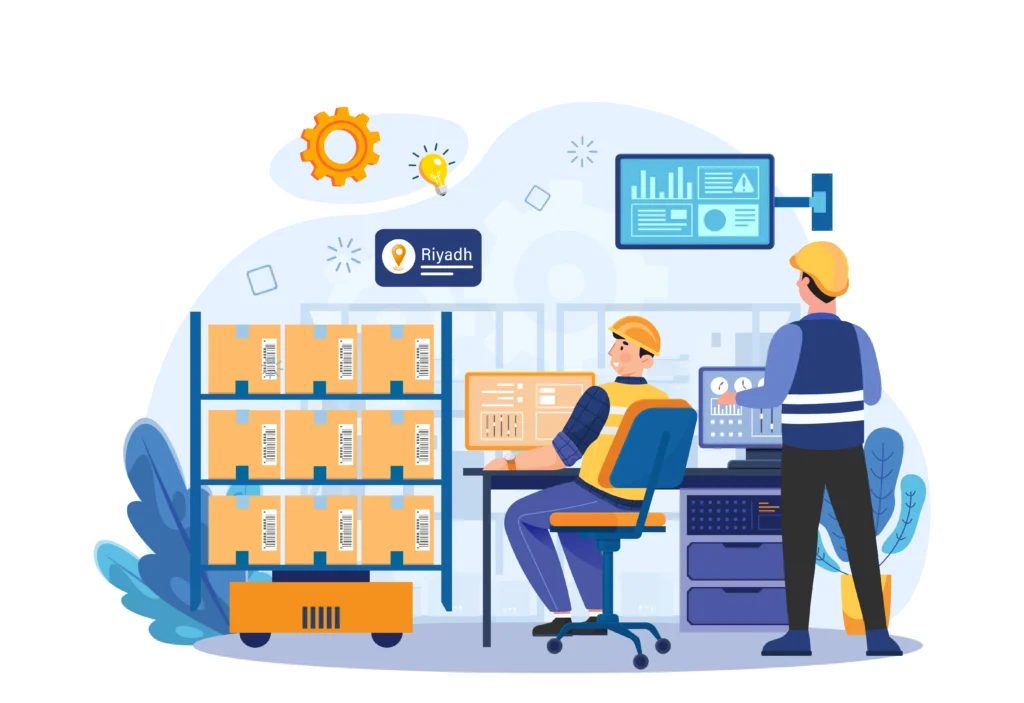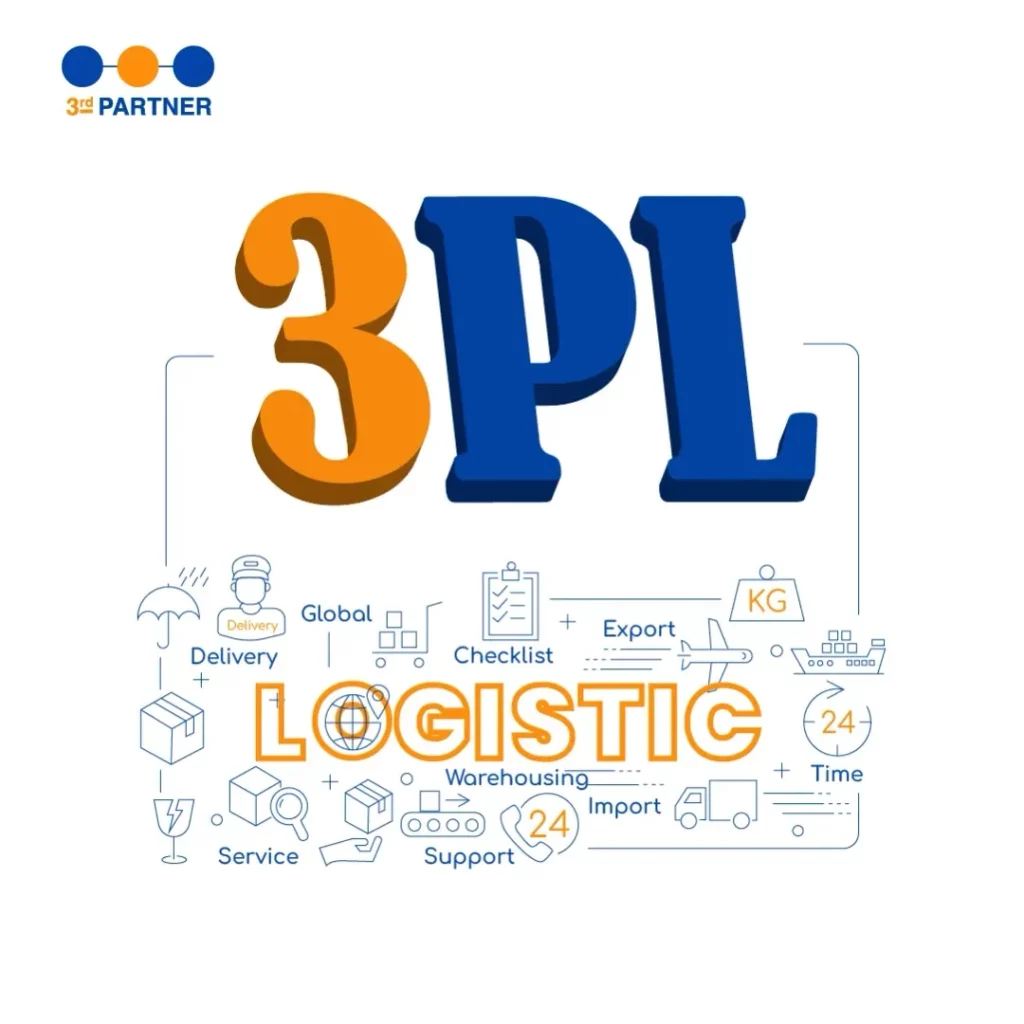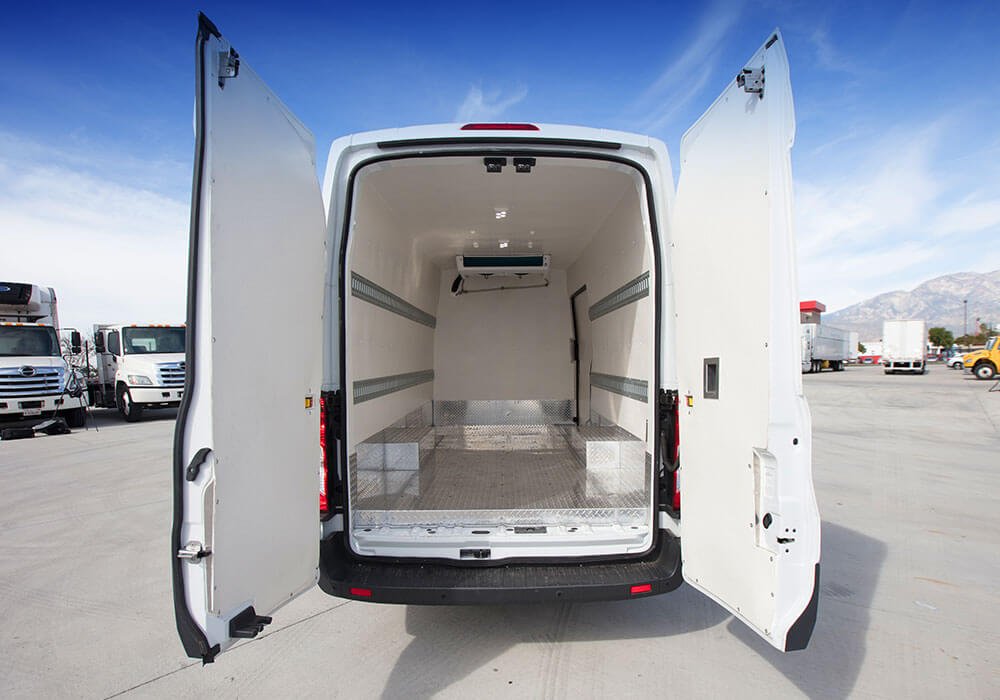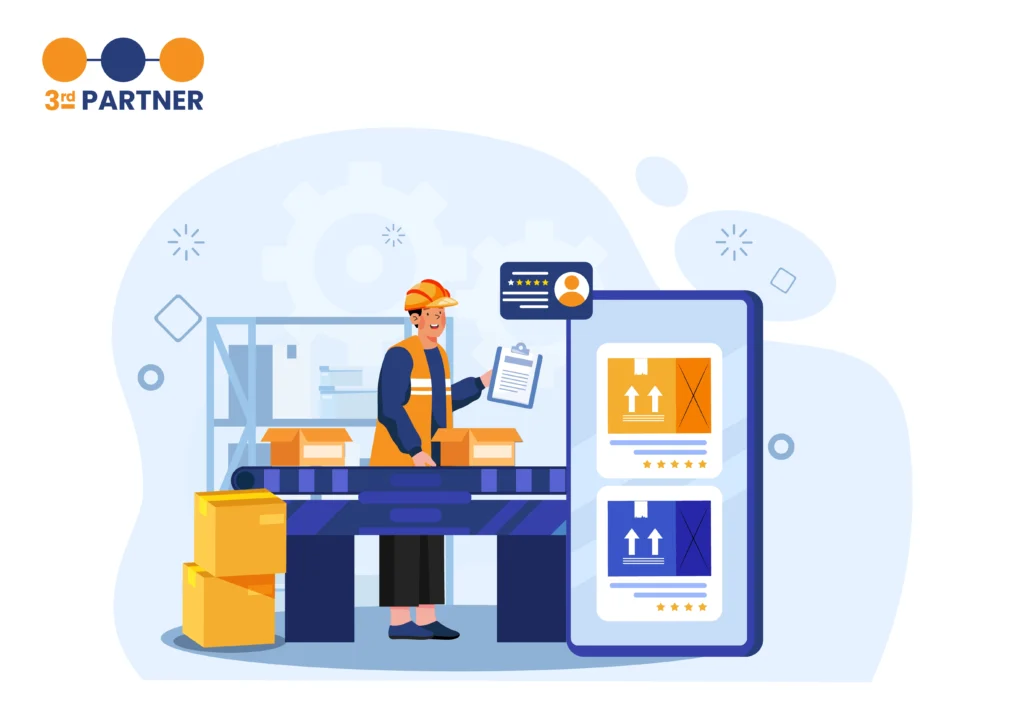Managing risks in business is essential, and logistics operations are no exception. In the logistics world, successful risk management in 3PL logistics helps ensure that products arrive safely, on time, and in excellent condition. Yet, many companies still struggle with how to handle these risks effectively within their supply chains.
In this article, we’ll break down why risk management in logistics is so important to business success and how companies can effectively minimize risks throughout the supply chain.
What is Risk Management in 3PL Logistics?
It involves identifying, assessing, and reducing any risks that could affect the efficiency and safety of supply chain operations.
Risk management in 3PL logistics can pop up at any point from production and storage (inbound logistics) to transportation and the final delivery (outbound logistics).
Effective risk management means spotting potential issues, taking steps to prevent them, and having a backup plan when unexpected disruptions arise.
Common Operational Risks in the Logistics Chain
Effectively managing risks can make all the difference in keeping your supply chain efficient and customer relationships strong.
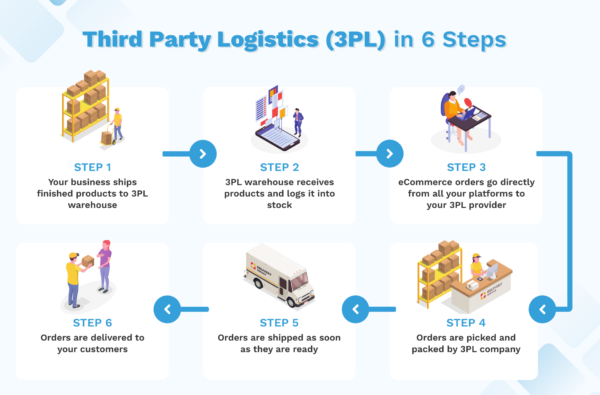
Risk management in 3PL logistics is a key focus for companies seeking to ensure safe, timely deliveries, minimal disruptions, and a trusted experience for their clients. Here, we’ll dive into the full range of risks that companies encounter in logistics and share practical ways to handle them.
Core Operational Risks in the Logistics Chain
- Delivery Delays: When shipments run late, it affects not only budgets but also the trust customers have in a business. Having backup transportation plans or alternative carriers in place helps tackle potential delays before they impact delivery schedules, showcasing effective risk management in 3PL logistics.
- Product Damage: Goods are vulnerable during transport if handling and packaging aren’t carefully managed. Implementing robust packaging standards and tracking systems ensures that products stay safe and intact, building reliability in the eyes of customers. This proactive approach is vital for successful risk management in 3PL logistics.
- Cargo Theft: High-value shipments are often at risk for theft during transport or storage. Security protocols like GPS tracking, secure storage facilities, and real-time alerts are essential to guard valuable cargo.
- Communication Gaps: Miscommunication or a lack of timely updates between logistics partners can lead to costly mistakes. Establishing clear communication channels and using advanced tracking technology can make all the difference in delivering accurate, up-to-date information to all involved.
- Workplace Safety Risks: Worker safety is another priority. Risks in logistics like heavy lifting injuries or incidents from improperly secured loads call for regular safety training and ergonomic tools to ensure a safe, smooth work environment. With a proactive approach to risk management in 3PL logistics, these risks can be significantly minimized.
Expanding the Scope: Cybersecurity, Environmental, and Political Risks
While operational risks are common, logistics today face broader threats that require additional planning. Recognizing and preparing for these larger risks can strengthen your logistics strategy and foster long-term stability.
- Cybersecurity Risks: As logistics becomes increasingly digital, cybersecurity has become a top priority. Risks from cyber-attacks or data breaches can disrupt supply chains and compromise sensitive customer information. Keeping logistics systems updated, using secure software, and conducting regular system audits are key to staying protected as part of effective risk management in 3PL logistics.Environmental Risks: Natural disasters or unexpected weather events can disrupt transportation routes, halt operations, and lead to supply chain delays. For example, extreme weather can block transportation routes and affect warehouses. Risk management strategies here include planning alternate routes, keeping an emergency response plan, and having diverse suppliers ready.
- Political Risks: Trade regulations, tariffs, or new restrictions can cause sudden disruptions, especially in international logistics. Partnering with an experienced 3PL provider who understands these challenges can make all the difference in adapting quickly to these changes.
Effective Strategies to Reduce Risks in Logistics Operations
Our team in the “3rd Partner” Co. has identified practical strategies that companies can apply to reduce risks in logistics operations and enhance business success.
1. Implement Reliable Security Protocols
One of the first steps in minimizing risks is setting up clear and comprehensive security protocols that cover all aspects of logistics, from employee safety to product protection. This includes regular equipment maintenance, safety checks, and standardized procedures for handling hazardous materials.
2. Prioritize Employee Training
Training plays a huge role in reducing logistics risks. By equipping employees with the right skills and safety knowledge, companies can ensure that team members are well-prepared to handle risks.
Regular safety training sessions should be held to keep skills fresh and up-to-date, reinforcing the importance of risk management in 3PL logistics. These sessions not only enhance employee competence but also foster a culture of safety and awareness, minimizing the likelihood of incidents and ensuring a smoother logistics operation.
3. Utilize Technology for Risk Management in 3PL Logistics
Technology can be an invaluable tool in controlling risks within logistics. Real-time tracking systems enable companies to monitor shipments and inventory in transit, quickly identifying potential problems. For example, load-monitoring systems track cargo conditions (like vibrations or shocks) during transport to prevent damage, helping to ensure that products arrive intact.
Additionally, logistics technology enables route optimization, which reduces risks by steering clear of high-risk areas or hazardous weather conditions. Leveraging technology for risk management in 3PL logistics ensures smooth operations and enhances efficiency.
4. Outsource to Specialized 3PL Providers
Working with experienced 3PL providers is a reliable way to reduce risks. These companies bring specialized expertise, equipment, and trained personnel to handle logistics tasks securely and efficiently, from warehousing to final delivery. Partnering with a 3PL allows businesses to benefit from the provider’s experience, ensuring smoother and safer operations.
5. Commit to Regular Risk Assessments
Regular assessments allow companies to evaluate and fine-tune their logistics processes continuously. By routinely checking for potential hazards and areas that need improvement, logistics teams can proactively detect issues and implement solutions before they escalate. This results in a stronger, more resilient supply chain and is a critical aspect of risk management in 3PL logistics.
Why Risk Management in 3PL Logistics Matters
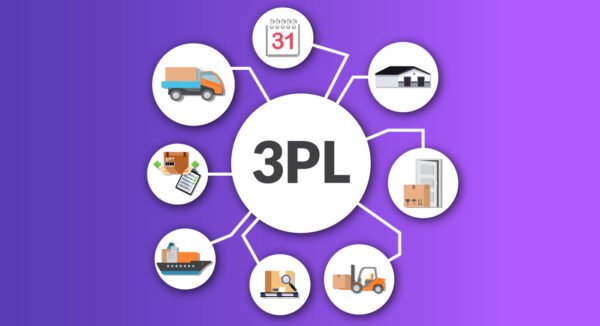
Having solid risk management in 3PL logistics strategy offers numerous advantages that benefit both the business and its customers. The primary benefits include:
- Enhanced Supply Chain Resilience: By anticipating and managing risks, companies build a stronger, more flexible supply chain that can handle disruptions effectively, ensuring continuity in operations.
- Improved Customer Satisfaction: When deliveries are on time and in perfect condition, customers have a better experience and are more likely to remain loyal, fostering long-term relationships.
- Cost Savings: Preventing logistics problems like delays, damages, and accidents saves money, which can be reinvested into growing the business and enhancing service offerings.
- Competitive Edge: Prioritizing risk management helps companies maintain efficient logistics, which ultimately strengthens their market position, allowing them to outperform competitors and adapt quickly to changes.
Conclusion
Implementing risk management in 3PL logistics doesn’t just prevent costly errors, it’s a fundamental part of creating a resilient supply chain. With the right partner, like the “3rd Partner,” companies can secure their logistics operations and streamline the process from start to finish.
Get ready to get the best logistics services. Reach out to us today and discover how our solutions can make a real difference for your business.
Your Partner in Quality and Compliance
Are you seeking a reliable logistics partner that prioritizes the integrity of your delicate products? Look no further than 3rd partner. Our specialized services are designed to meet the stringent requirements of the Food and Drug Authority, ensuring that your goods are handled with the utmost care. From receiving and storage to processing, packaging, and shipping, we offer a seamless end-to-end solution. Experience the difference with our commitment to quality, compliance, and customer satisfaction.
- Storage Service
- Licensed Warehouse Service
- Inventory and Order Management Service
- Transportation and Distribution Service
- NUPCO Supplies Service
- Linking Service with the ‘RSD’ Platform
- Storage Service for E-commerce Stores
- Inventory and Order Management Service
- Shipping and Cash on Delivery Service
- Returns and Compensation Management Service


